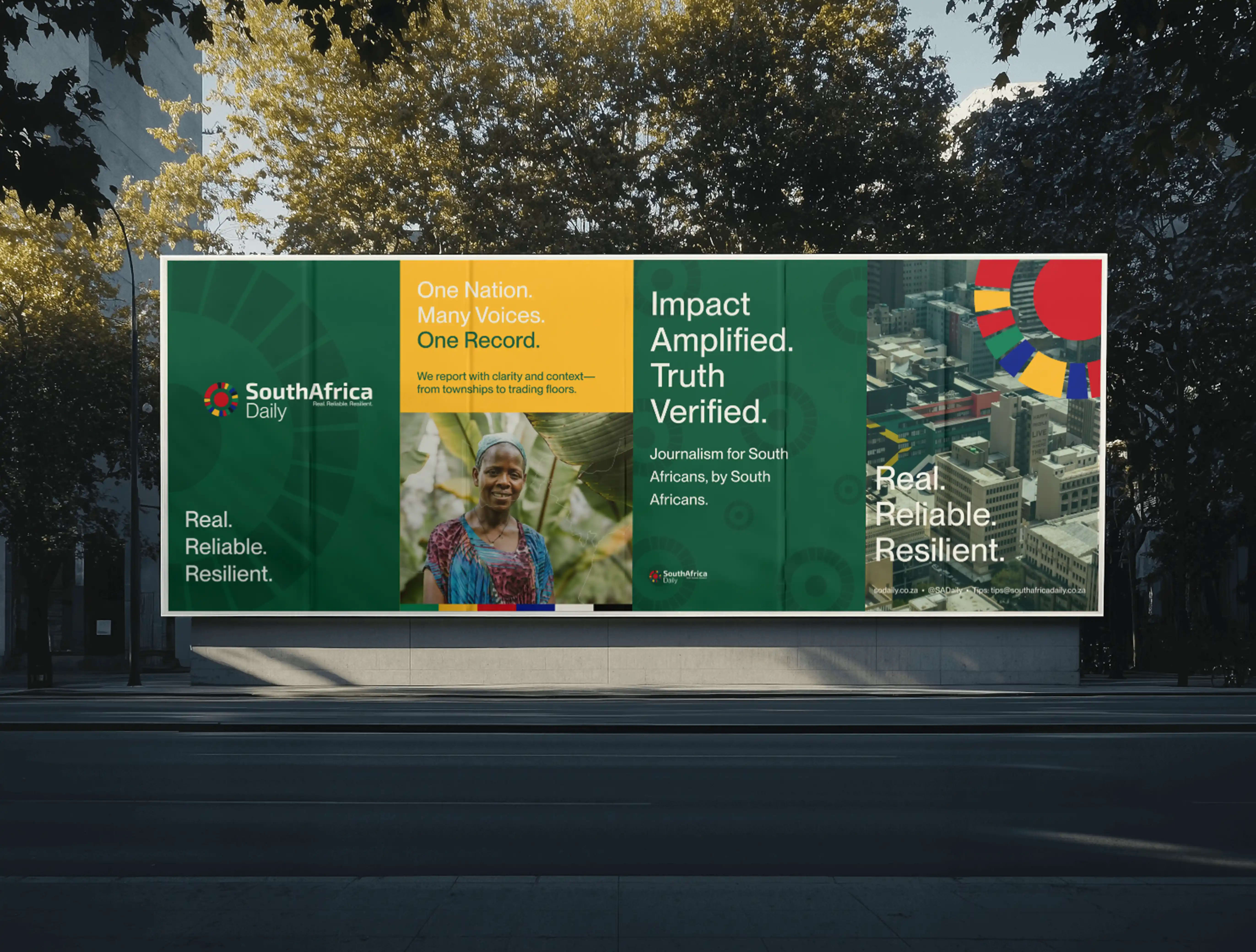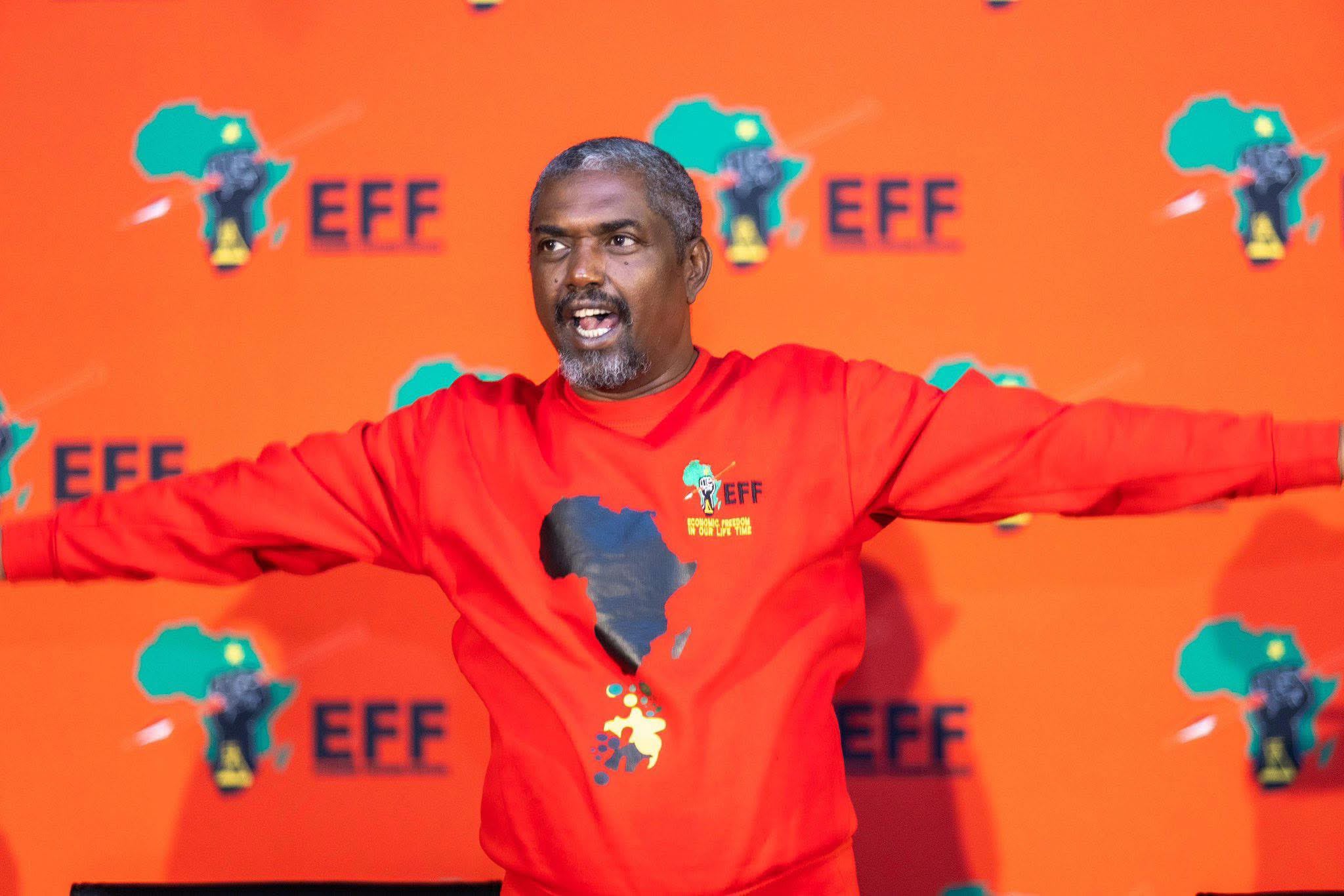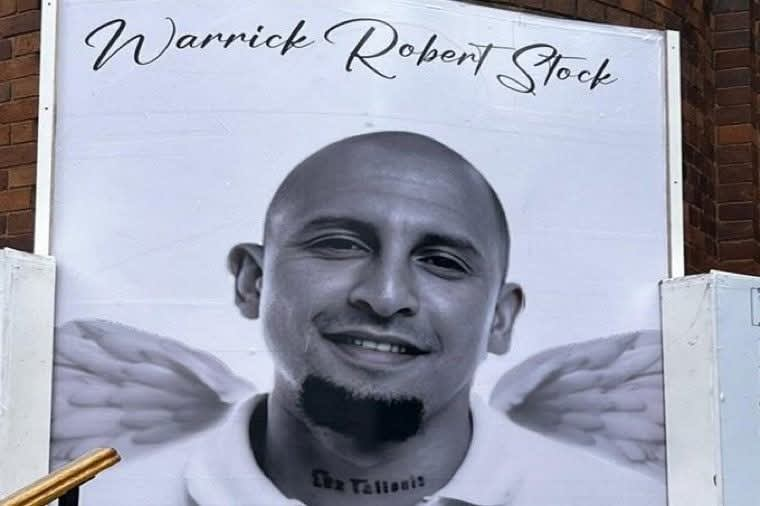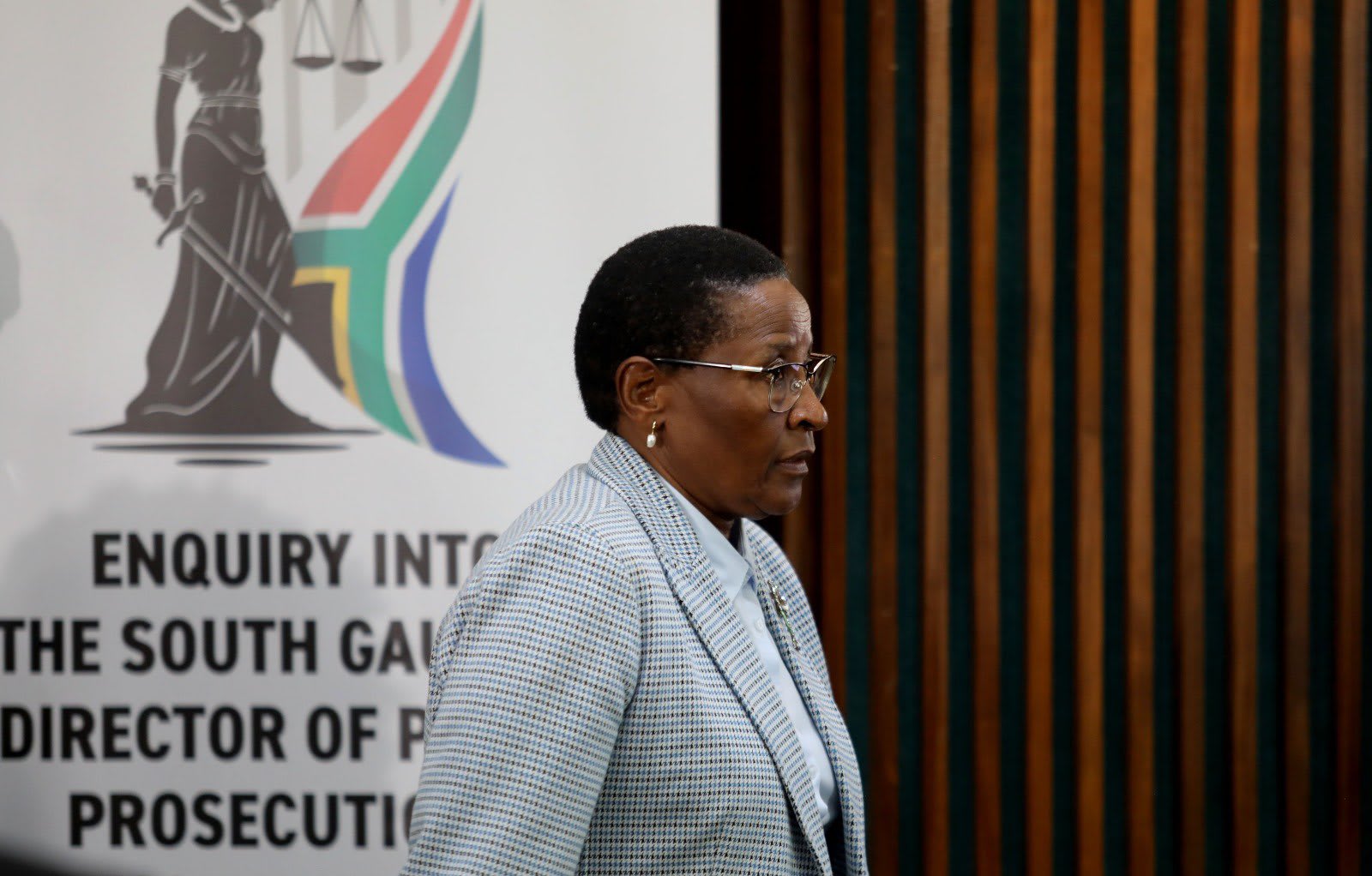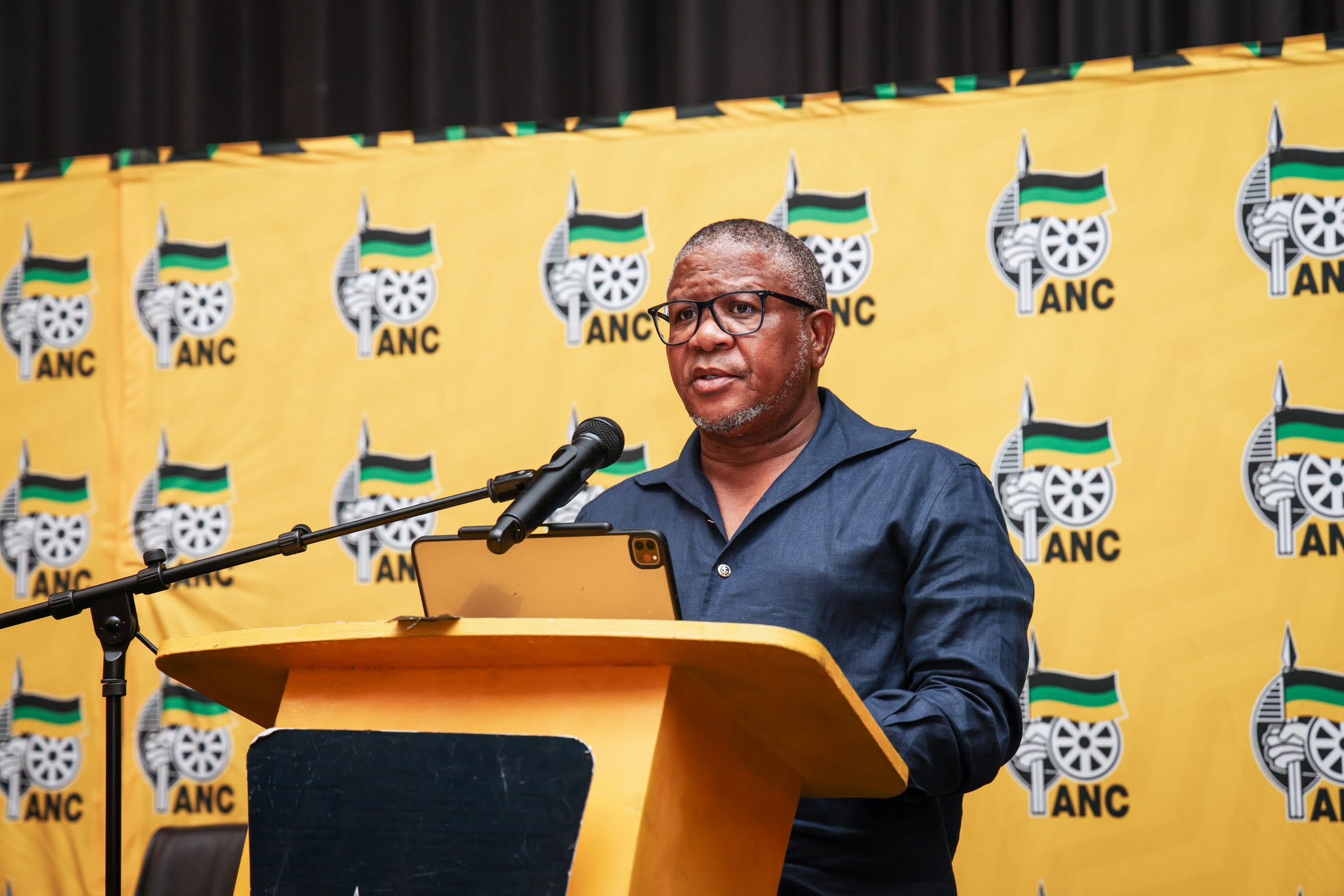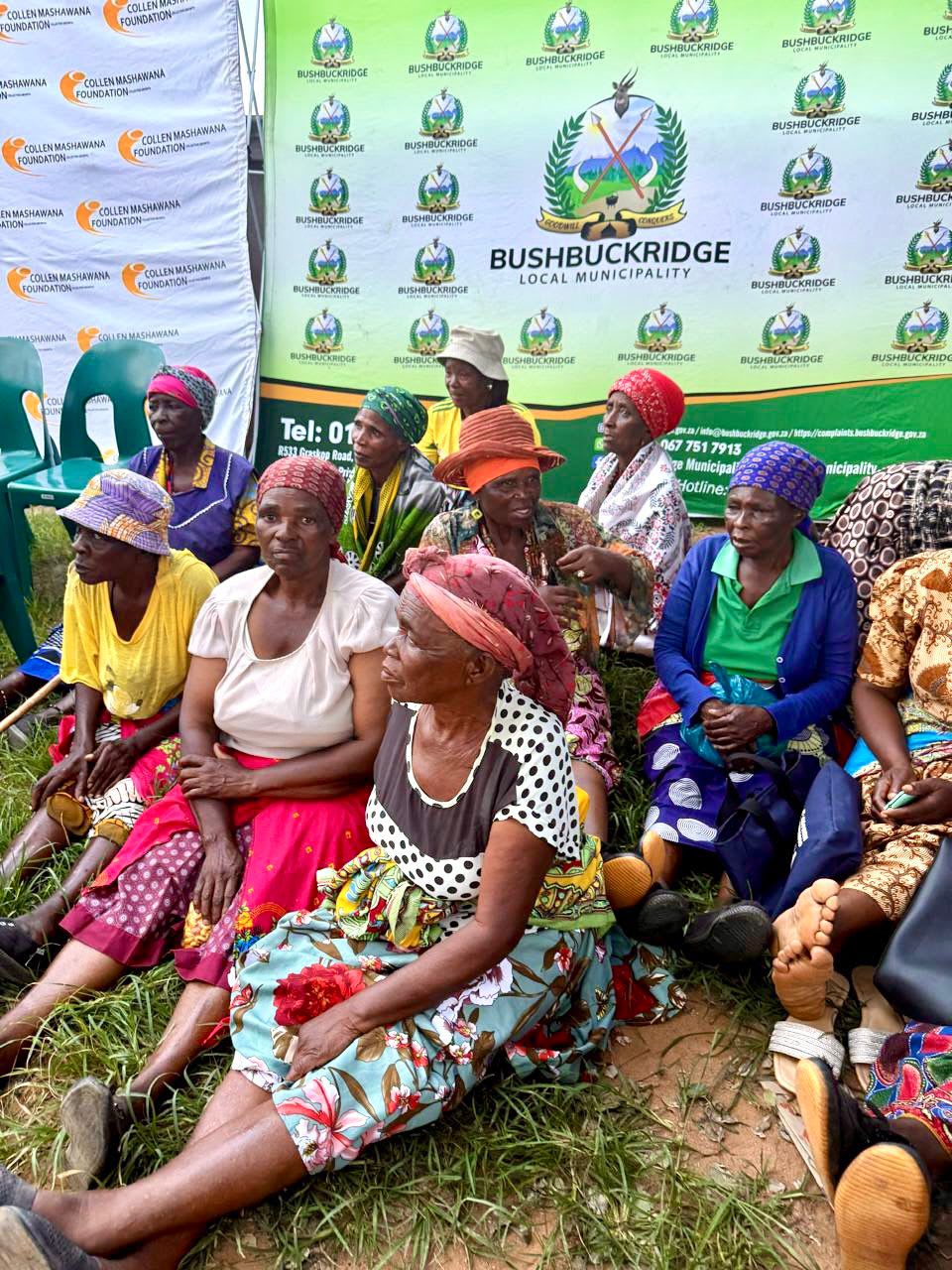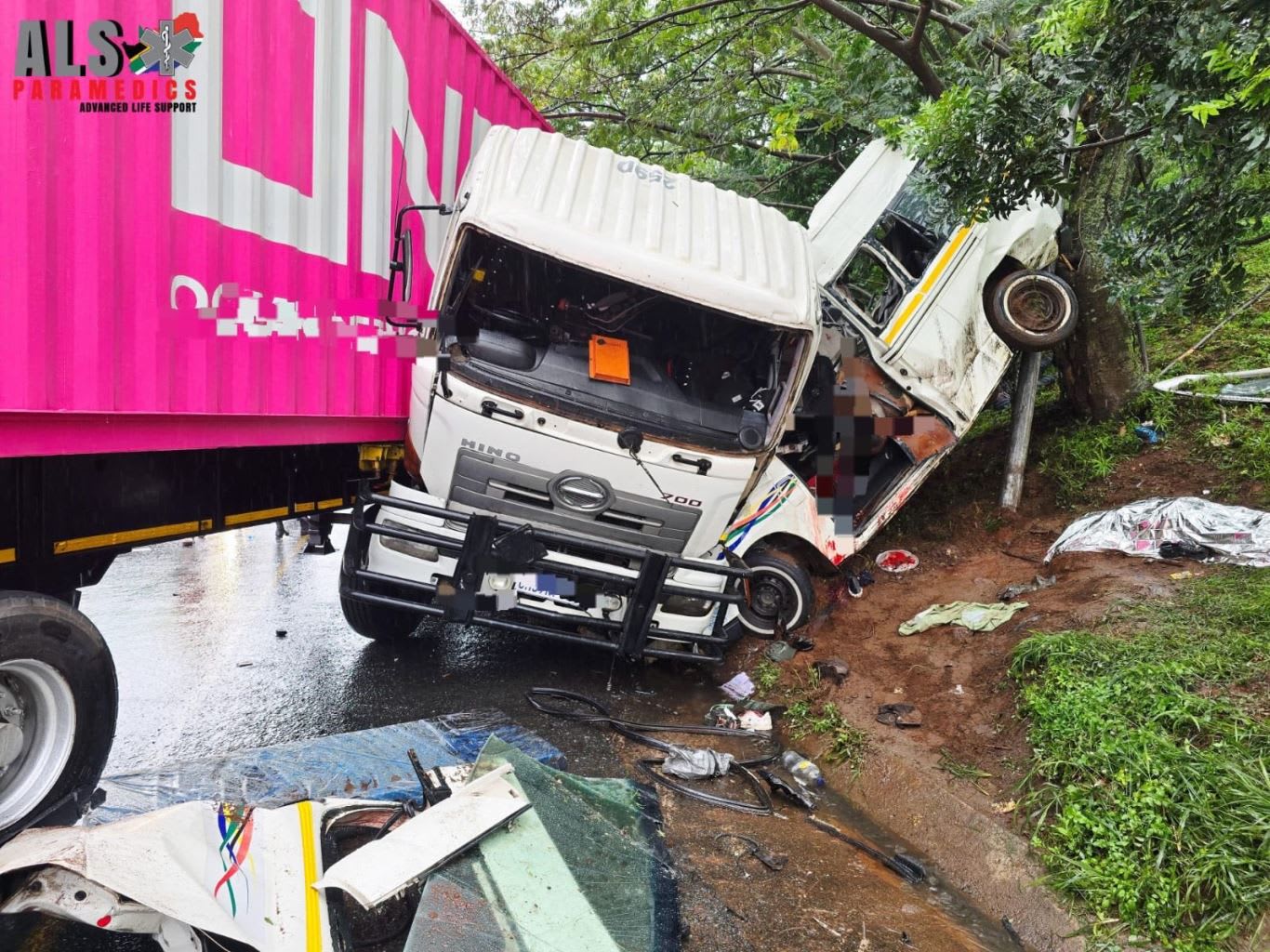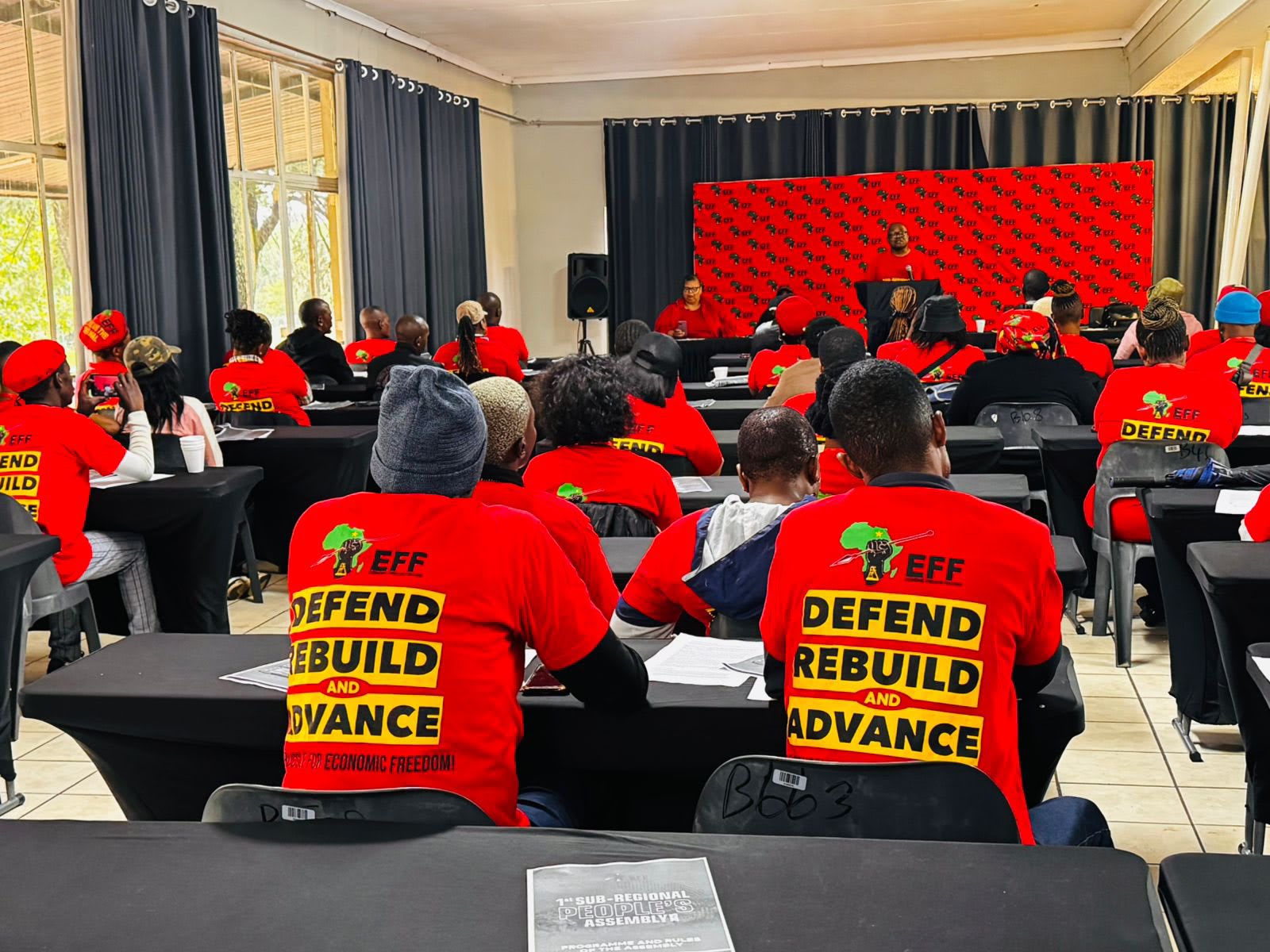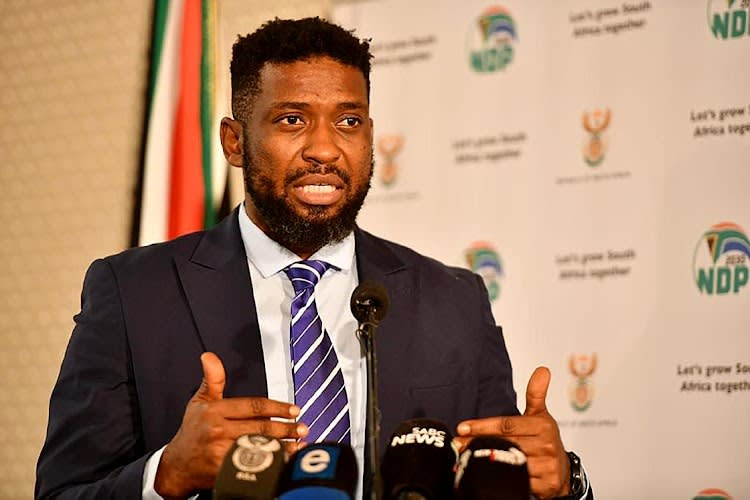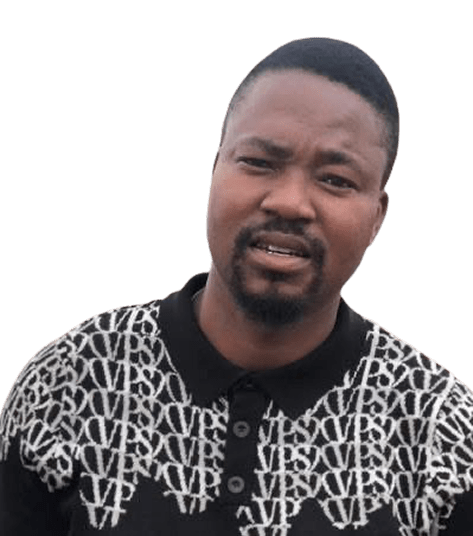South African Police Service (SAPS) officers monitor a residential area during a routine patrol operation.
ATM
The African Transformation Movement (ATM) has condemned the recent spate of killings, including the Philippi East massacre that claimed seven lives, calling for urgent government action to end South Africa’s worsening violence. The party is demanding tougher laws.
A week of bloodshed has once again laid bare South Africa’s deepening crisis of violence. From the horrific shooting in Philippi East that left seven people dead to a spate of murders across the country, communities are gripped by fear and outrage — and the African Transformation Movement (ATM) says enough is enough.
The small but vocal party has called for urgent, decisive government action to restore safety and order, following what it described as “a national emergency of violence.” In Philippi East, gunmen stormed into a house on Thursday night, opening fire and killing seven people in cold blood. Police are still searching for the suspects.
“This horrific act not only highlights the escalating crime crisis in our communities but also underscores the urgent need for comprehensive strategies to combat violence and restore safety for all citizens,” said ATM spokesperson Zama Ntshona.
The killings in Philippi East follow a string of other violent attacks in recent weeks — a drive-by shooting in Alexandra that claimed four lives, the brutal murder of two women in KwaMashu, and the discovery of three bodies dumped in a veld near Hammanskraal. In the Eastern Cape, villagers in Mthatha say they now sleep in shifts, afraid of criminal gangs that prowl at night.
“These are not just statistics,” Ntshona said. “Behind every death are real people — mothers, fathers, brothers, sisters, and children whose lives have been destroyed. South Africans are living under siege, and it cannot continue.”
ATM has called on law enforcement to act “swiftly and without compromise” to bring perpetrators to justice, but it also insists that deeper social and economic interventions are essential. The party argues that policing alone cannot stop the bloodshed.
“Building trust between communities and police is key,” Ntshona said. “We need community policing structures that allow residents to work hand-in-hand with law enforcement to reclaim their neighbourhoods.”
The party also renewed its controversial proposal for a “Justice-Based Death Penalty” for repeat offenders convicted of heinous crimes such as murder, rape, and child abuse. ATM believes such measures could act as a powerful deterrent against violent criminals who currently operate with impunity.
Beyond harsher laws, the party is demanding government investment in education, youth employment, and economic opportunities — particularly in poverty-stricken areas where crime has taken root. “If we do not give our young people hope, we will continue to bury them,” Ntshona warned.
South Africa’s murder rate remains among the highest in the world, with more than 27,000 people killed in 2024/25, according to police statistics — an average of 74 murders a day. The Western Cape, KwaZulu-Natal, and Gauteng remain the most affected provinces.
While police hunt for suspects in the Philippi East massacre, ATM says the tragedy must be a turning point. “We can no longer be complacent in the face of horror,” Ntshona said. “Government, civil society, and communities must unite. South Africa is bleeding — and we must stop the violence before it consumes us all.”

